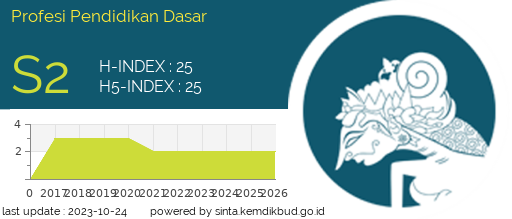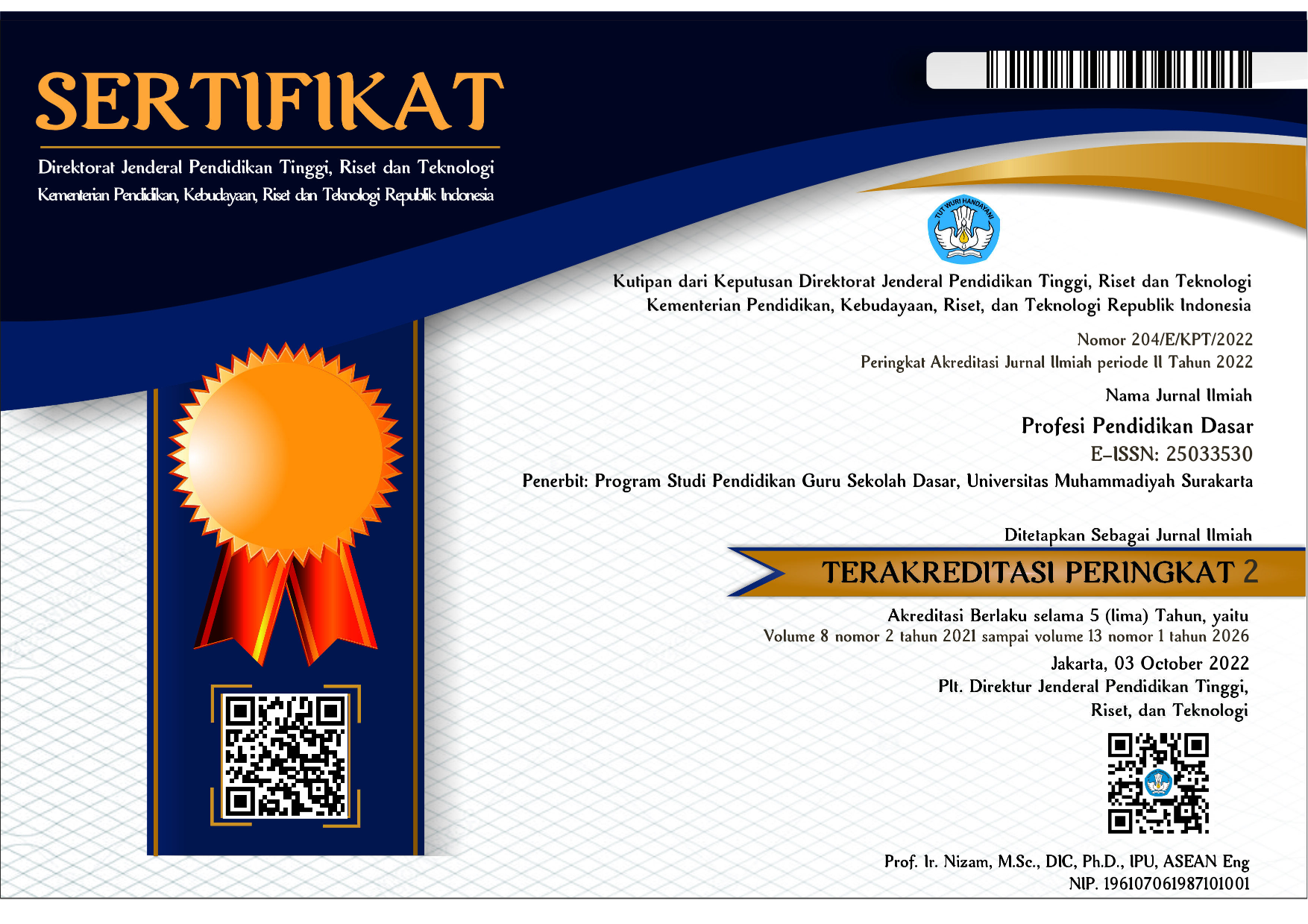Cognitive Academic Engagement as a Predictor of School Completion Intention of Pupils in Upper Classes in Primary Schools in Tharaka Nithi County, Kenya
DOI:
https://doi.org/10.23917/ppd.v11i2.muthengiAbstract
Primary school education in Kenya struggles with many pupils not finishing school, which is a significant issue for both individuals and society. Academic engagement is a vital but often debated factor for educational success, yet research on this in Kenya is limited. This study explored the connection between cognitive academic engagement and pupils’ intention to complete school in Tharaka Nithi County, Kenya. Guided by social cognitive theory and using correlational design, this study targeted all 12,250 pupils in 63 primary schools in Tharaka North Sub-County. A stratified sample of 295 pupils in grades six, seven, and eight completed the questionnaires. Research instruments were piloted with 60 pupils from one school that was exempted during the actual data collection period. Data were analyzed using both descriptive and inferential techniques. The results revealed a significant positive moderate correlation between cognitive academic engagement and school completion intention (r (283) = 0.50, p <.01). Regression analysis revealed that cognitive academic engagement significantly predicted school completion intention (F (1, 283) = 92.25, P = .00), accounting for only 24.60% of variability in this intention. Pupils' academic engagement significantly influences their intention to leave primary school early, suggesting schools should improve this engagement











